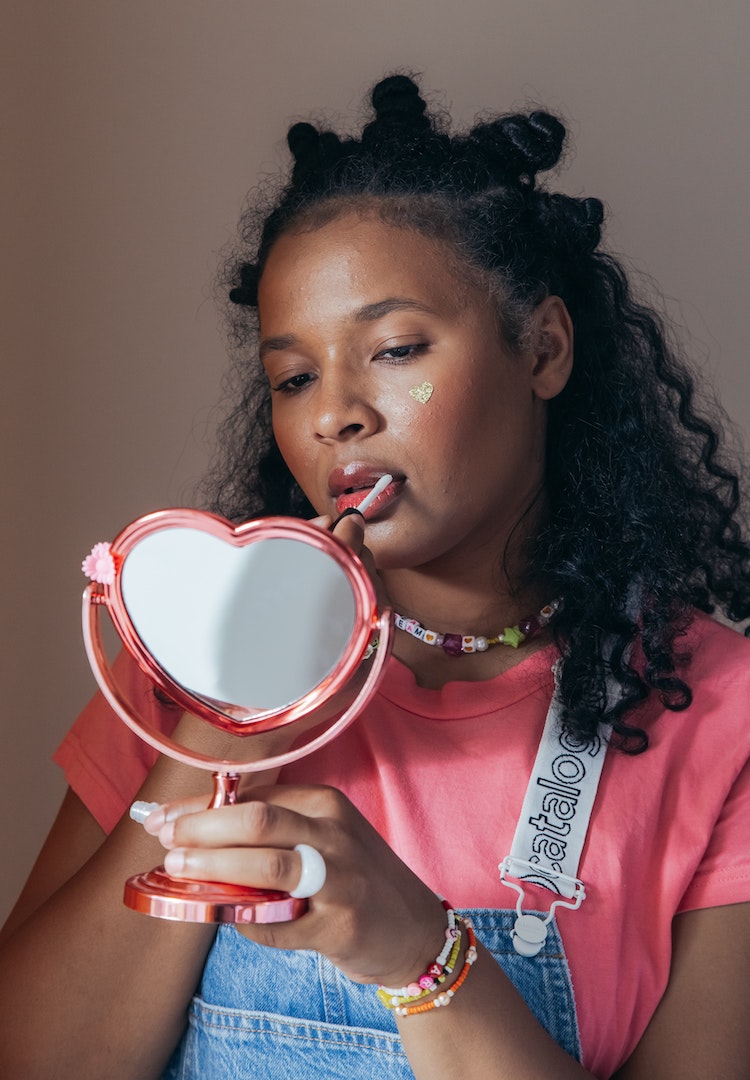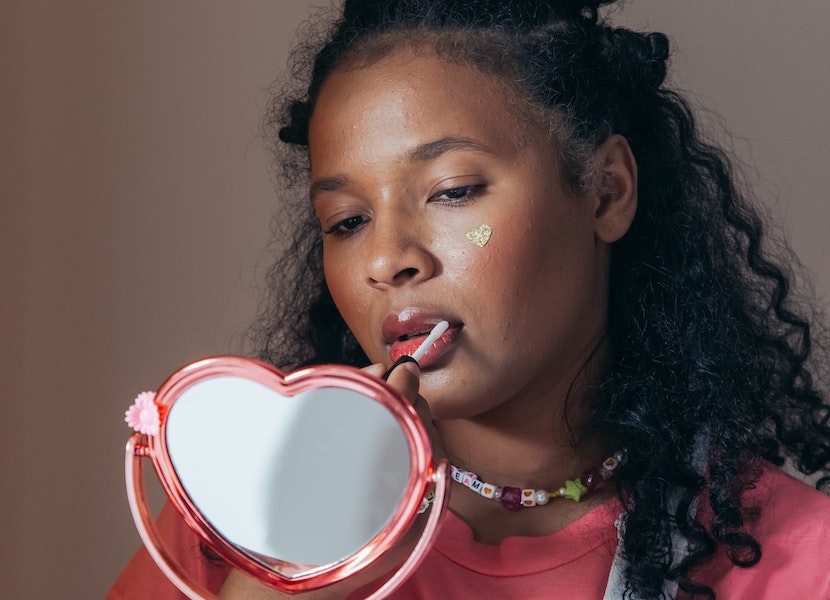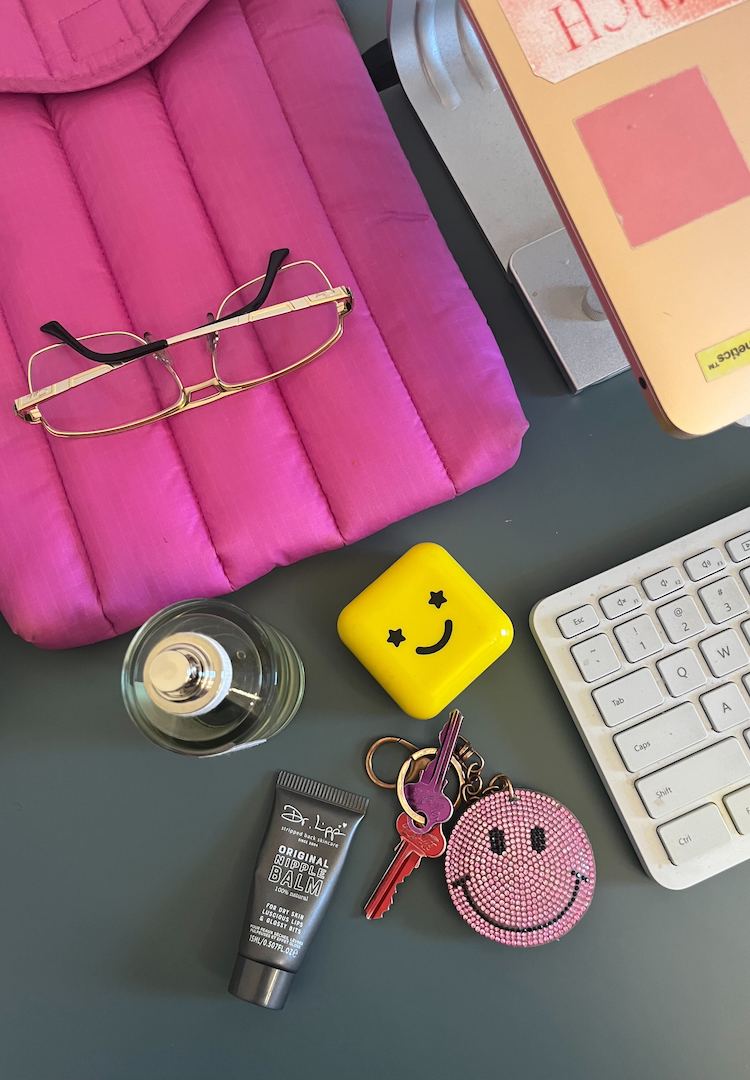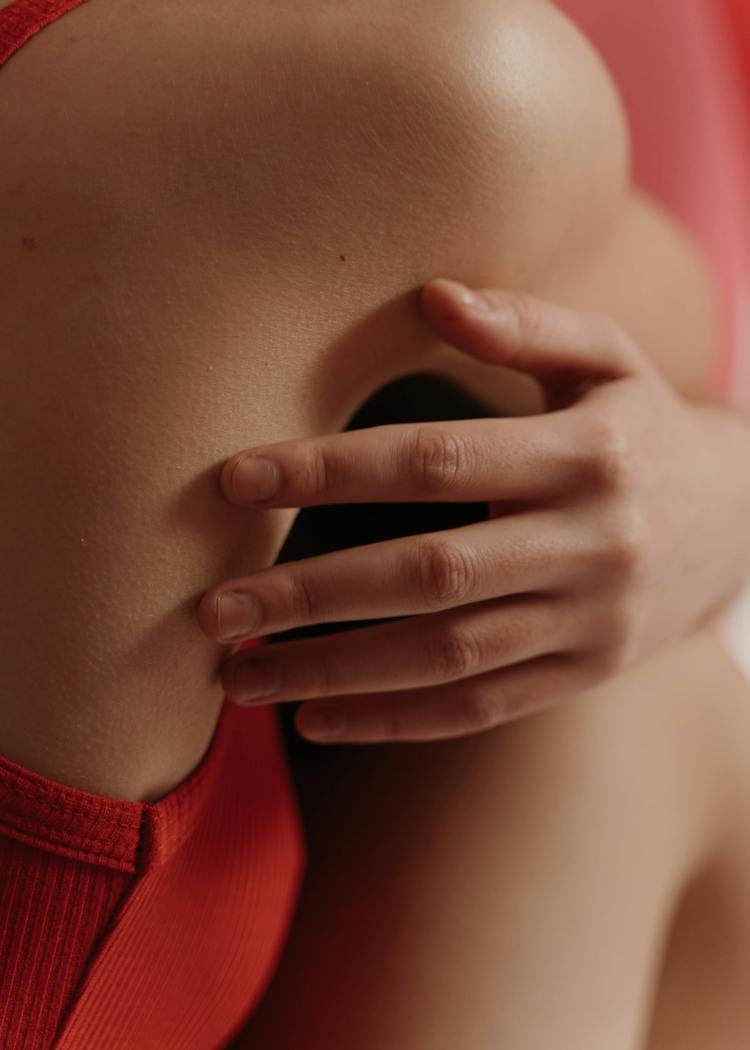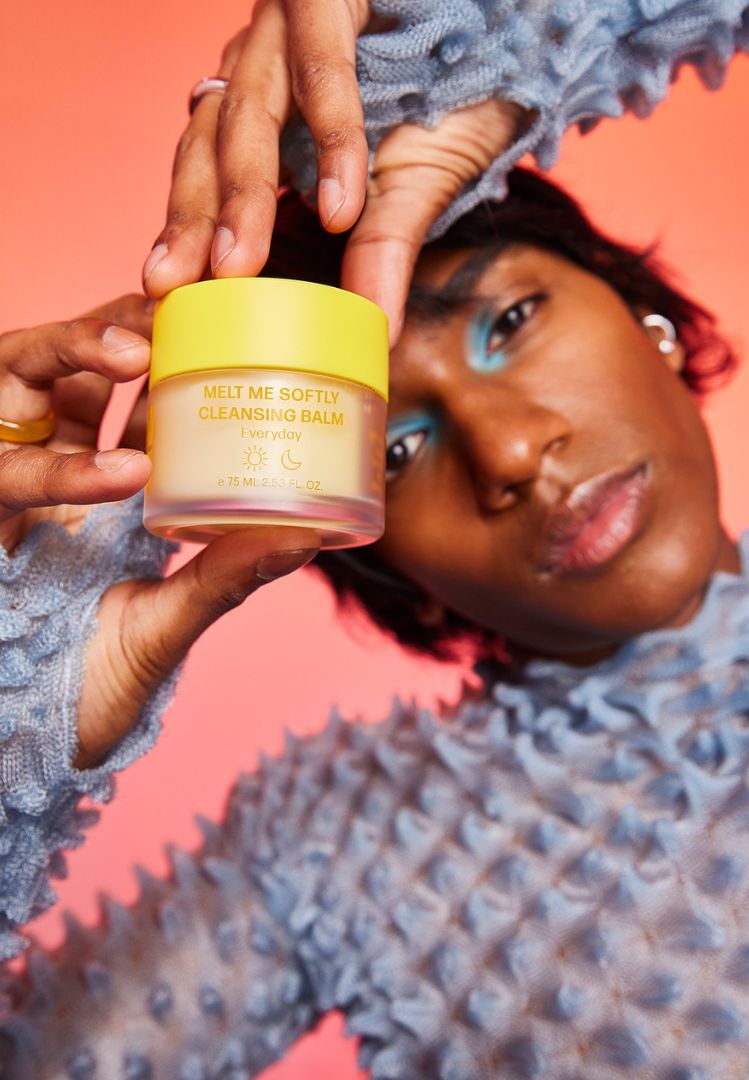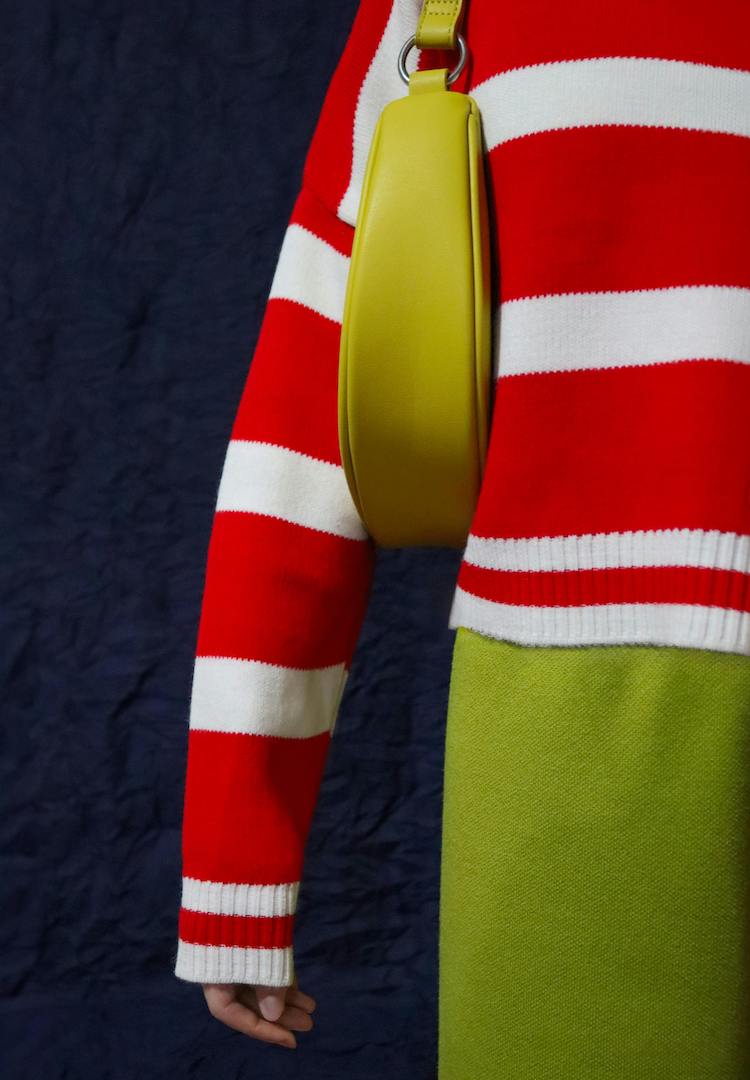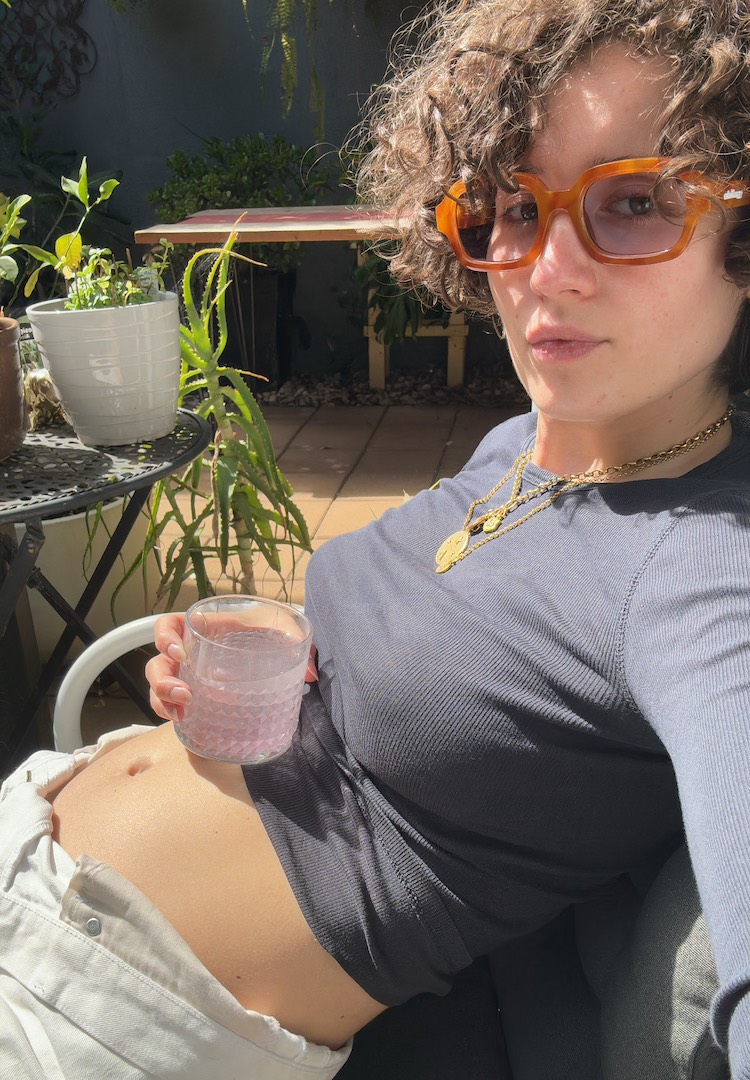Why aren’t we talking about the link between endometriosis and skin concerns?
WORDS BY MAGGIE ZHOU
The reality of endo.
When 23-year-old Sarah* was diagnosed with endometriosis in March last year, many of the uncertainties around her body started to make sense. It wasn’t only the pain in her abdomen that was able to be explained, but also the other hormonal issues she was experiencing.
As a teenager, she thought of herself as “lucky” because she didn’t have much acne. But as soon as she entered her twenties, her chin and cheeks became “populated with large, painful pimples and blemishes that began to spark a new insecurity”.
For more health and wellness advice, head on over to our Health section.
“It’s something I struggle with constantly,” Sarah tells me. “I have constant hormonal acne and my skin is the worst it’s ever been.” Both her gynecologist and GP suspect her skin concerns are due to her hormonal imbalance and endometriosis. “There’s not a lot I can do about it, and it can be incredibly frustrating,” she adds.
For a chronic condition affecting one in 10 people with a uterus globally, endometriosis lacks the thorough understanding and research backing it deserves. Notably misrepresented as just having severe period pain, endometriosis comes with a host of painful complications like chronic pelvis pain, painful sex, impacted bowel movements, bloating, nausea and fatigue. This can sometimes lead to depression, anxiety and infertility.
The list doesn’t stop there, either. According to Sydney-based GP and cosmetic physician Dr Adam Brown, hormonal imbalances caused by endometriosis can lead to an increase in skin concerns.
“The way [endometriosis] is related to the skin is that the abnormal balance of hormones… [can] activate autoimmune diseases and inflammatory skin conditions,” Dr Adam says, pointing to acne and rosacea as examples of inflammatory skin concerns, and lupus as an example of an autoimmune condition.
“[It] can make people have hypersensitivity and allergy problems and very sensitive skin,” he says, the latter of which is the most common symptom he sees at his clinic. For 28-year-old Taylor*, sensitive skin has been an ongoing issue throughout their whole life. “I’ve noticed that coming up to my period, I’m prone to small pimples on my face [and] acute eczema,” they tell me. “Tiny cuts or bug bites can result in large welts when my skin sensitivity is heightened.”
Earlier this year, they were diagnosed with stage one endometriosis, which rapidly progressed to stage four after a stint in the emergency room. “It can be debilitating to not only be in pain but to feel like my body is ‘under attack’ every month and in some form of varying discomfort whether it’s endo cramps, endo belly or how fragile my skin seems to become in the lead-up to or during the week,” Taylor says.
As Taylor mentioned, their skin sensitivity fluctuates depending on their menstrual cycle. Dr Adam mentions how oestrogen and progesterone levels go up and down at different rates during the cycle, and endometriosis heightens these fluctuations.
It can be frustrating for people dealing with chronic pain to lump additional side effects atop their concerns. As with all skin conditions, there isn’t a standardised answer to the why, what and how questions that cloud these uncertainties.
Until they have surgery, Taylor has started treating their symptoms with “a combination of specific dietaries, supplements and Chinese medicine” which has proved to be a “welcome relief”. Dr Brown points to remedies that are commonly touted to help alleviate skin woes, like potentially trialling contraceptive pills.
“If you’re getting hypersensitivity or flare-ups of eczema, avoid topicals that contain all the actives, so you know, vitamin A [and] C, AHA [and] BHA. In terms of settling the skin down, it’s using moisturisers [and] using antihistamines,” he says. It’s rather rudimentary advice, but in the landscape we’re in, it’s the standard we’ve come to expect.
It’s appalling that scientists know more about every single aspect of male biology than of female biology. Women have been left to their own devices, left to try to connect the dots of their physical, psychological and physiological selves. What’s that saying again? Anything you can do, I can do bleeding – and without the medical research and funding you have, either.
*Names have been changed.
Looking for more information about navigating skin concerns? Try this.


